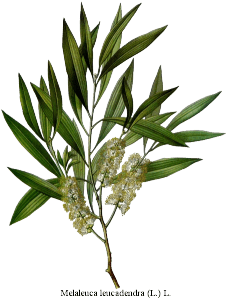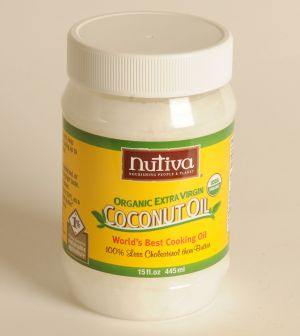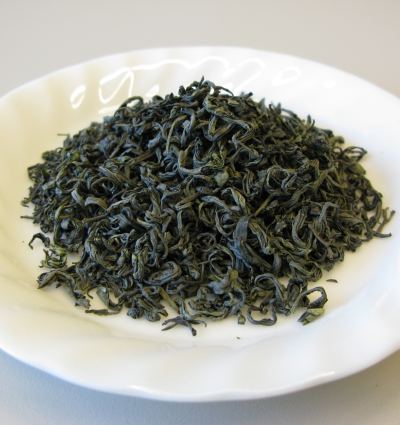Tea tree oil, also known as melaleuca oil, is often used as an essential oil for a variety of ailments. Extracted from the leaves of a plant native to Australia, the pure form of the oil is very strong and usually diluted for use in cosmetics and medicines.
Historically, tea tree oil got its name because the leaves of the melaleuca alternifolia plant were first steeped as a tea. Traditionally, the leaves were used topically for treating burns, lacerations, and infections.
Uses for Tea Tree Oil
 Tea tree oil has been effective in helping or healing many maladies from athlete’s foot and acne to dandruff, nail fungus, eczema, ringworm, and even annoyances like lice and mosquito bites.
Tea tree oil has been effective in helping or healing many maladies from athlete’s foot and acne to dandruff, nail fungus, eczema, ringworm, and even annoyances like lice and mosquito bites.
This antiseptic, antiviral, and antifungal oil is wonderful for stopping pain and irritation while providing a soothing disinfectant for your skin.
For acne sufferers, tea tree oil has been proven great for killing the bacteria and flushing out the toxins while keeping the skin’s natural oils without over-drying.
For helping coughs and colds, tea tree oil helps to break up mucus.
As an essential oil used in aromatherapy, tea tree oil is found in many face and body creams, soaps, lotions, hair products and candles. Even though tea tree oil is a natural product, there have been studies done to prove its effectiveness as a treatment for certain ailments.
Tea Tree Oil and Acne Studies
A controlled trial investigated three groups with athlete’s foot. Out of 158 sufferers, one group used 25 percent tea tree oil solution, the second group worked with 50 percent, and the final group was the placebo.
Used twice daily for four weeks, the 50 percent solution group showed 64 percent cured in relation to only 31 percent in the placebo group.
Another trial used tea tree oil to fight acne and it was tested against benzoyl peroxide and had fewer skin side effects overall but both groups showed significantly less skin irritations, inflammation, and breakouts.
Scientific Studies for Tea Tree Oil and Acne
Natural health products have been more popular in recent years and because they are branching out of their niche environment, more scientific studies are being conducted in order to test these natural products on conditions and diseases we have yet to find cures for.
Tea tree oil has not been forgotten and emerging information is making headlines due to a rising health outbreak in the United States.
MRSA, or methicillin-resistant Staphylococcus aureus, has been in the news recently due to outbreaks of the infection caused by mistakes and sloppy corners used in hospitals across the country. MRSA cannot be treated with normal antibiotics and the virus is easily transferred through large environments of sick people (from hospitals to nursing homes) causing pneumonia and other serious infections.
A Northern Ireland study conducted by Queen’s University Belfast, shows that tea tree oil may provide a simple approach to preventing the virus from spreading.
Cure Acne with Tea Tree Oil
In the news published earlier this month, lead author of the study Dr. Bronagh Blackwood from the university and his colleagues are testing results of patients using a body wash with 5 percent concentration of tea tree oil to combat MRSA.
Earlier studies have shown that tea tree oil-infused body wash has seemed to eliminate the virus from the skin because a lot of these infections start at the surgical site.
Blackwood’s team is experimenting with newly-diagnosed MRSA patients on people in hospital’s intensive care units and even though they are only a year into the trial they are hopeful for a positive outcome, “We started this trial in November 2007,” Blackwood continued, “We aim to complete it in November 2010.”
Tea tree oil should be used with caution and under supervision from a natural healer or healthcare provider in order to be used properly and in its correct form.
It should be noted that tea tree oil should be checked for potency before use, because in its undiluted and purest state, it can cause skin irritations like blistering, itching, and rashes. Also tea tree oil is supposed to be used topically only and never to be ingested, ask a professional before using if pregnant or breast-feeding.




